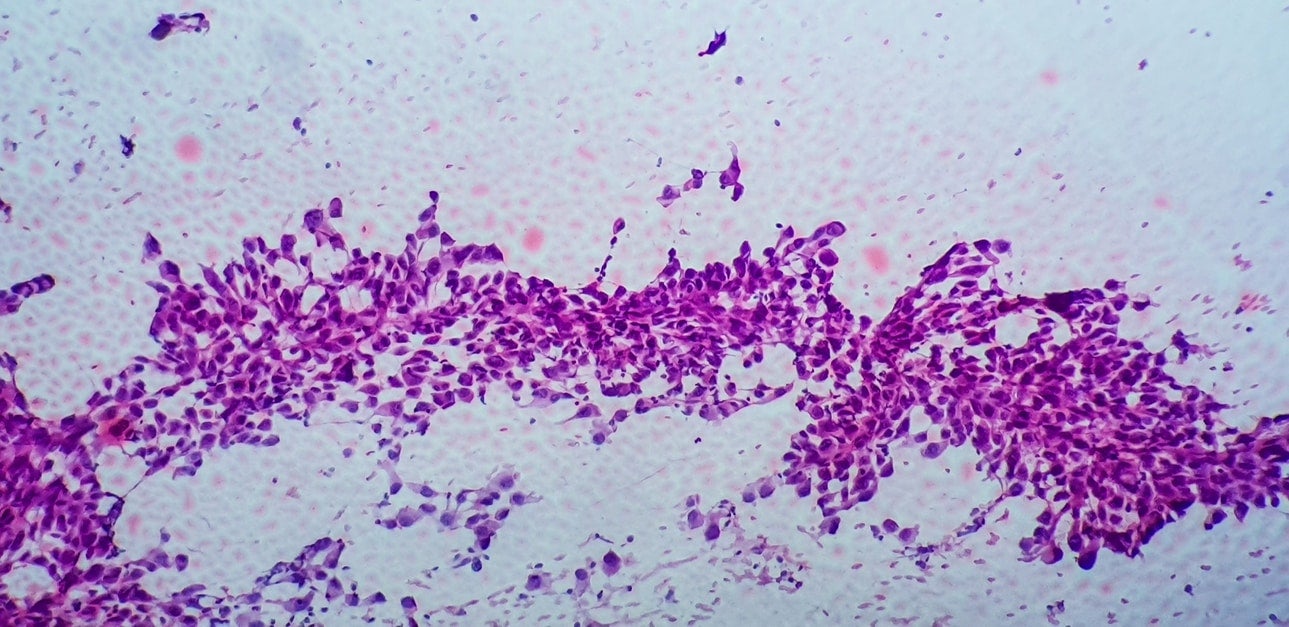
The European Medicines Agency (EMA) has validated Merck’s application for reviewing tepotinib as a treatment for adult patients with advanced non-small cell lung cancer (NSCLC) harbouring mesenchymal-epithelial transition factor gene (MET) exon 14 (METex14) skipping alterations.
The EMA will now initiate the review process as the application is complete with the validation.

Discover B2B Marketing That Performs
Combine business intelligence and editorial excellence to reach engaged professionals across 36 leading media platforms.
Administered once daily, tepotinib is a highly selective oral MET inhibitor.
Discovered and developed by Merck, it has a highly selective mechanism of action and can potentially improve outcomes in aggressive tumours.
The application submitted to EMA comes from primary analysis data from the pivotal Phase II VISION study.
The trial is analysing tepotinib as monotherapy in patients with advanced NSCLC with METex14 skipping alterations, prospectively assessed by liquid biopsy (LBx) or tissue biopsy (TBx).

US Tariffs are shifting - will you react or anticipate?
Don’t let policy changes catch you off guard. Stay proactive with real-time data and expert analysis.
By GlobalDataIn the ongoing study, the patient population has a median age of 74 years, characterised as elderly, with poor clinical prognosis typical of NSCLC with METex14 skipping alterations.
In March, Japan approved tepotinib through the SAKIGAKE programme thus making it the first oral MET inhibitor indicated for treating advanced NSCLC harbouring MET gene alterations to receive regulatory approval.
The US Food and Drug Administration (FDA) also granted orphan drug designation to tepotinib.
FDA is also reviewing the application under priority review and through the real-time oncology review pilot programme.
Furthermore, tepotinib plus osimertinib is being evaluated in the Phase II INSIGHT 2 study in MET amplified, advanced or metastatic NSCLC harbouring activating EGFR mutations.
In the Phase II PERSPECTIVE study, the MET inhibitor in combination with cetuximab is being assessed in RAS / BRAF wild-type left-sided metastatic colorectal cancer patients.




